Reflection time at the tail end of a project or career is very important. It allows a sense of closure and an acknowledgement of what could have been done differently, or what you might do differently in the future. In my case, I have greatly reduced my accessibility to the market and choose my assignments very carefully. That is what happens when you think you are an iron man, and then you have an acute stroke at age 60: Reflection.
Today, I was in my car driving to get my favorite breakfast sandwich, a McDonald Sausage, egg, and cheese McMuffin. My mind was wondering to the eternal question, “What could I have emphasized more passionately to have better improved my clients’ business outcomes?”
Then it came to me like a lightening bolt. All I had to do was first clearly establish what the four business outcomes truly are:
- Profitability
- Productivity
- Client Advocacy
- Team Member Engagement
Then, emphasize passionately to others and myself, “Improving any one of the business outcomes also means that you cannot detract from any other.” An example: If you develop a plan to increase sales, that plan cannot negatively impact client advocacy. If the initial plan negatively affected another outcome, one would have to simply choose another plan.
There is a fine balance to any great organization. Future strategic plans should never affect the core four business outcome foundations of the entity. So when the board of directors tells the masses, “We need to increase the net profits of the company”, they have to challenge their team members to create a plan that accomplishes that goal without reducing sales, losing client advocacy, or affecting team member engagement. The goal of “more profit” must follow the rules to the game.
Lets look at a brutally true case study. In my industry, which is the Automobile/RV industry, a very large dealership group told their General Manager/Vice Presidents to “Cut costs!” to improve net profits. With that directive, the General Managers, most of whom had a record month, quarter, and year, understood that request as “cut all the compensation plans and fire team members”. In my business, this type of incredibly stupid action happens all the time. Crazy, right? Naturally, the team members are left feeling that regardless of how they do as a team, their individual jobs and income are constantly at risk, leading to team member engagement dropping, which ultimately affects productivity and profitability. No other approaches or plans were even considered, as if there is only ONE way to achieve this goal. What if the directive to “cut costs” was required to be done in such a way that it would not negatively affect any other business outcome? That would force the board of directors and the general managers to innovatively and creatively come up with a different plan.
Consider all you want to achieve as a leader and make sure your vision, foundations, and other business outcomes are not negatively affected by tunnel vision. Can’t do it? Hire someone to take your place.




